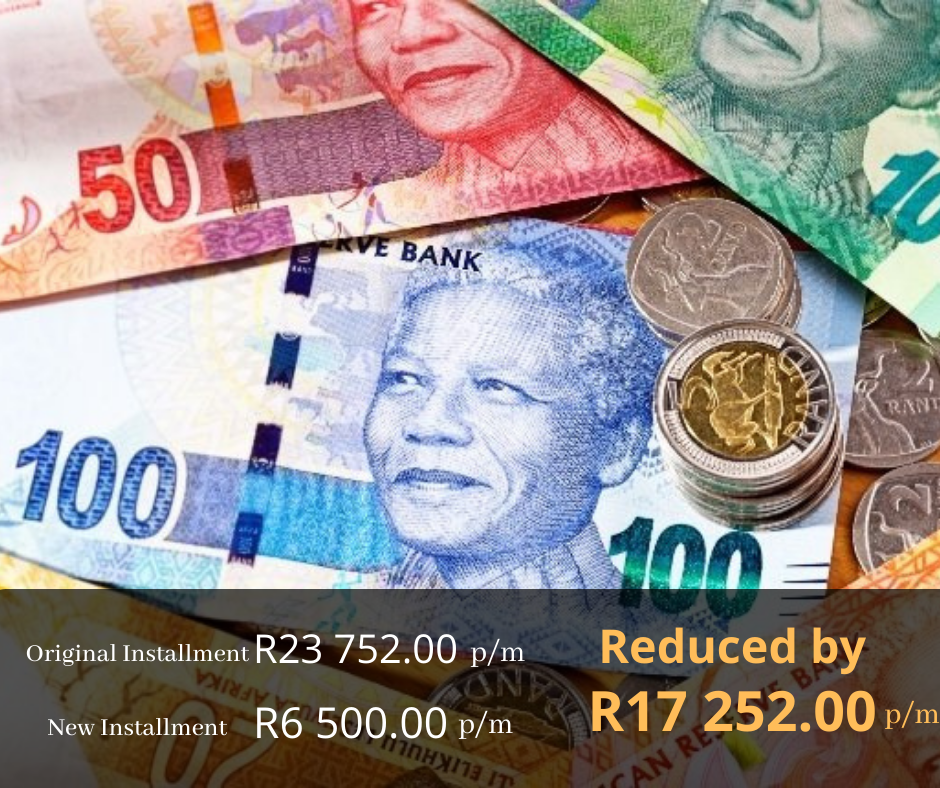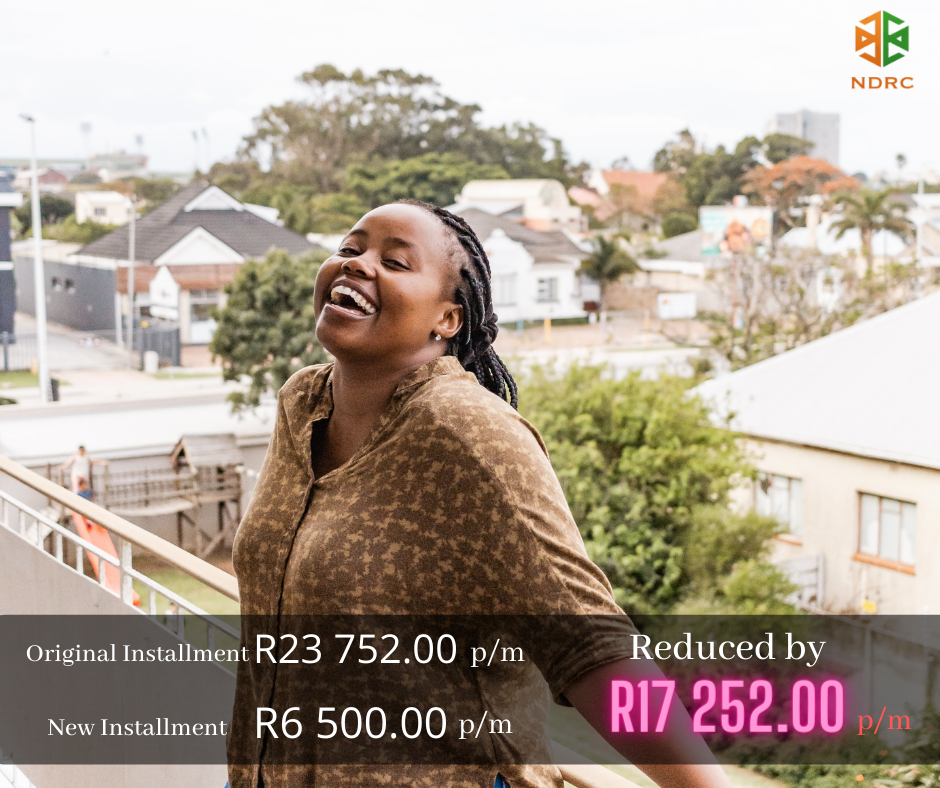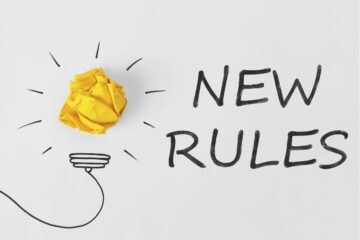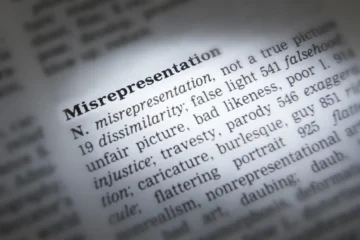Everything You Need to Know About Your Finance in South Africa
Everything You Need to Know About Your Finance in South Africa
By The National Debt Review Center

What does the term Finance mean?
Finance is the management of money, which encompasses actions such as investing, borrowing, lending, budgeting, saving, and planning. Personal finance, corporate finance, and public/government finance are the three major categories of finance. This article will give an explanation on “What exactly is finance?” as well as other tips to help you manage your finances like an expert.
How to Monitor Your Finances in South Africa?
As a South African, it is important to keep on top of your finances. By monitoring your finances, you can make sure that you are keeping track of your money and budgeting correctly. There are a few ways to monitor your finances in South Africa:
- Check your bank balance regularly: It is important to keep an eye on your bank balance so that you know how much money you have available to spend. You can check your balance online or via a phone banking app.
- Review your expenses: Make sure to review your expenses regularly so that you know where your money is going. This will help you to cut back on unnecessary spending and save more money.
- Stay updated with the latest financial news: Keeping up-to-date with the latest financial news will help you make better decisions about your finances. You can read financial news online, in newspapers, or listen to radio shows dedicated to finance topics.
- Meet with a financial advisor: Meeting with a financial advisor can help you get a better understanding of your finances and plan for the future. A financial advisor can also offer guidance if you are having difficulty managing your finances.
- Know your credit score: Download free credit score monitoring mobile applications like the My Credit Score South Africa App to get your free monthly credit reports.
What Do Personal Budget Reports Include?
Most personal budget reports will include a breakdown of your income and expenses, as well as a summary of your overall financial situation. This information can be extremely helpful in understanding where your money is going and where you could potentially save money.
Your income may be broken down into categories such as salary, investments, and other sources of income. Your expenses may be categorized by fixed costs (such as rent or mortgage payments) and variable costs (such as food or transportation).
Once you have a clear picture of your spending and income, you can start to make changes to improve your financial situation. For example, if you see that you are spending a large amount of money on unnecessary items, you can cut back on those expenses. Or, if you notice that your income is not keeping up with your expenses, you may need to find ways to increase your earnings.
What Numbers Should You Track on a Monthly Basis?
When it comes to tracking your finances, there are a few key numbers that you should keep an eye on each month. By monitoring these figures, you can get a better sense of where your money is going and make adjustments to your budget as needed.
Some of the key numbers to track include your monthly income, expenses, debt payments, and savings. Keep tabs on how much money is coming in and going out each month, as well as how much you’re putting away into savings. This will help you stay on top of your finances and make sure you’re on track to reach your financial goals.
In addition to tracking your overall monthly numbers, it can also be helpful to break down your expenses into categories. This will give you a better idea of where your money is being spent and where you may be able to cut back. Common expense categories include housing, transportation, food, entertainment, and personal care.
By keeping an eye on these key numbers each month, you can get a better handle on your finances and make sure you’re staying on track.
What Is Your Net Worth?
If you’re like most people, you probably have no idea what your net worth is. Your net worth is simply your assets – your savings, your home equity, and your stocks and investments – minus your liabilities.
Knowing your net worth is an important step in understanding your financial situation and taking control of your finances. It can help you make smart decisions about spending, saving, and investing.
To calculate your net worth, add up all of your assets and subtract any debts and other liabilities you may have. This includes things like credit card debt, student loans, bonds, and other types of loans.
Your assets could include:
Savings accounts
Retirement accounts
Home equity
Investments (such as stocks, bonds, or mutual funds)
Vehicles (including cars, boats, RVs, etc.)
IRA’s
Your net worth can be a positive or negative number depending on whether you have more assets than liabilities. A positive net worth means you have more assets than liabilities and vice versa. If your net worth is positive, it means you’re on the right track to financial security. If it’s negative, it means you need to take some steps to get back on track. No matter what your net worth is, knowing what it is can help you make informed decisions about your finances.
How To Save For a Rainy-Day or Emergency Fund?
Saving for a rainy day fund is one of the smartest things you can do with your money. It gives you a cushion to fall back on in case of an emergency, and it can help you avoid going into debt.
There are a few different ways to save for a rainy day fund. One option is to set up a dedicated savings account that you only use for this purpose. Another option is to create a budget and designate a certain amount of money each month that you will put into your rainy day fund.
Whichever method you choose, the important thing is to be consistent with your savings. Try to make it a habit to contribute to your fund regularly, so that it will grow over time.
If you have any extra money left over at the end of each month, consider putting it into your rainy-day fund. This will help you build up your savings even faster. Once you have built up a decent size fund, you can start thinking about investing some of the money so that it will grow even more over time.
Saving for a rainy day is one of the best things you can do for yourself and your family. It can give you peace of mind knowing that you have some financial security in case of an unexpected expense or emergency. So, take some time to plan ahead and start building up your rainy-day or emergency fund today!
Useful Tips on Saving Money from Around the House
One of the best ways to save money is to be mindful of your spending and find ways to cut back on unnecessary expenses. Here are some tips on saving money from around the house:
- Cut back on energy costs by making simple changes like switching to LED light bulbs, unplugging electronics when they’re not in use, and using a power strip for all of your devices.
- Reduce your water bill by fixing any leaks, investing in a low-flow showerhead, and only running the dishwasher and washing machine when they’re full.
- Save on groceries by meal planning, buying in bulk, and taking advantage of sales and coupons.
- Lower your transportation costs by walking or biking whenever possible, carpooling, and taking public transportation.
- Spend less on entertainment by streaming movies and TV shows instead of going to the theater, renting books from the library instead of buying them, and cooking at home instead of going out to eat.






0 Comments